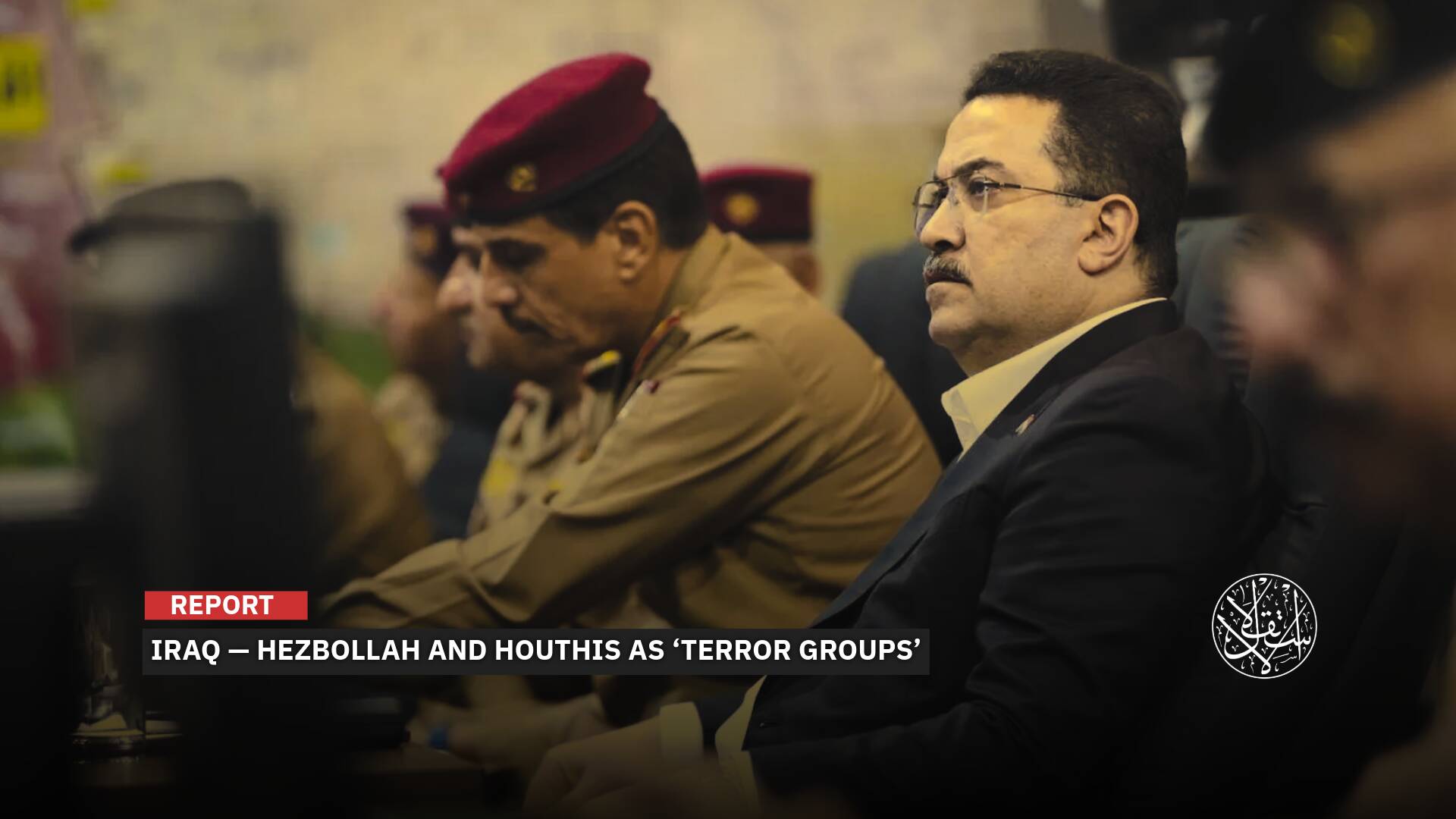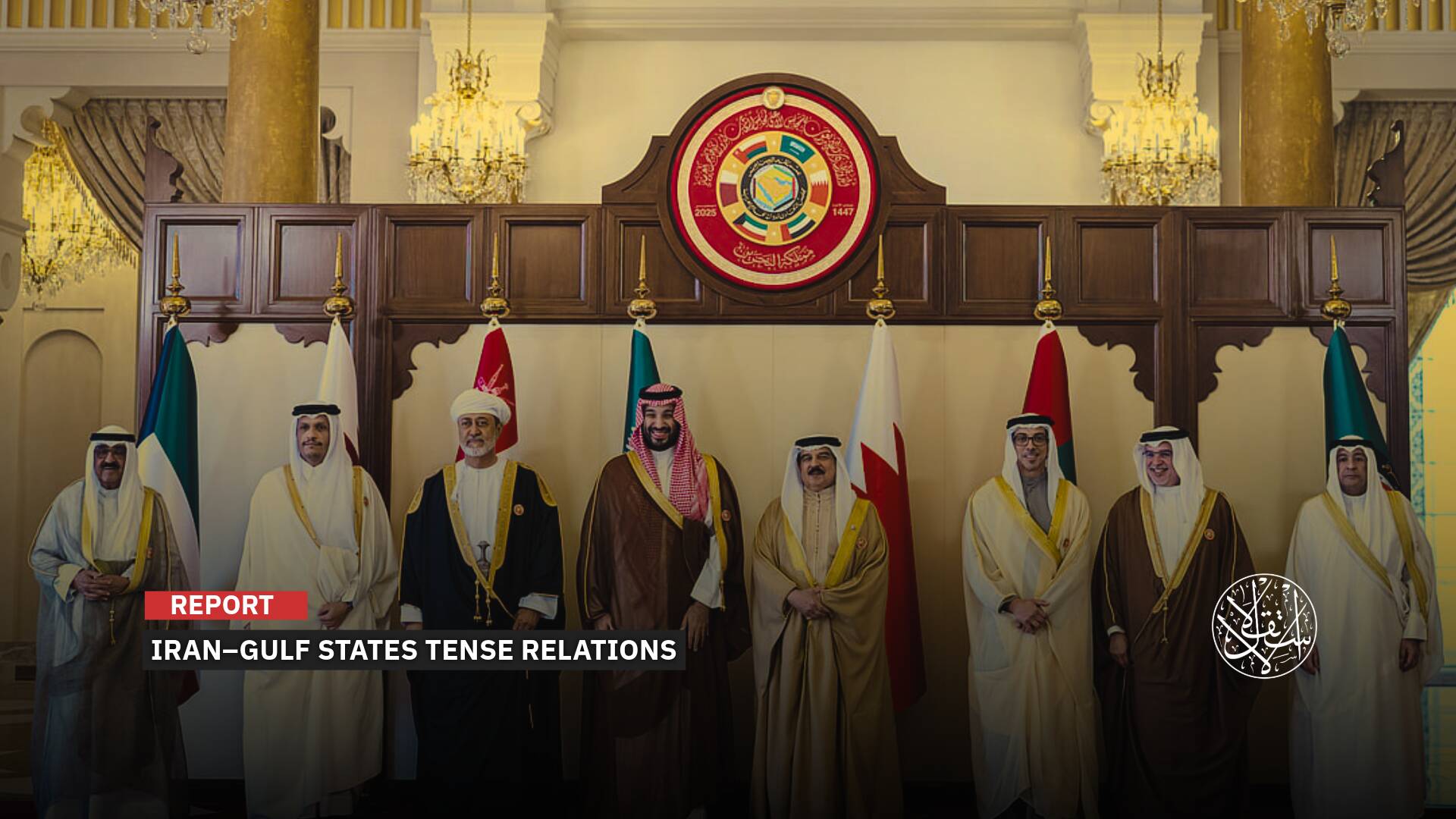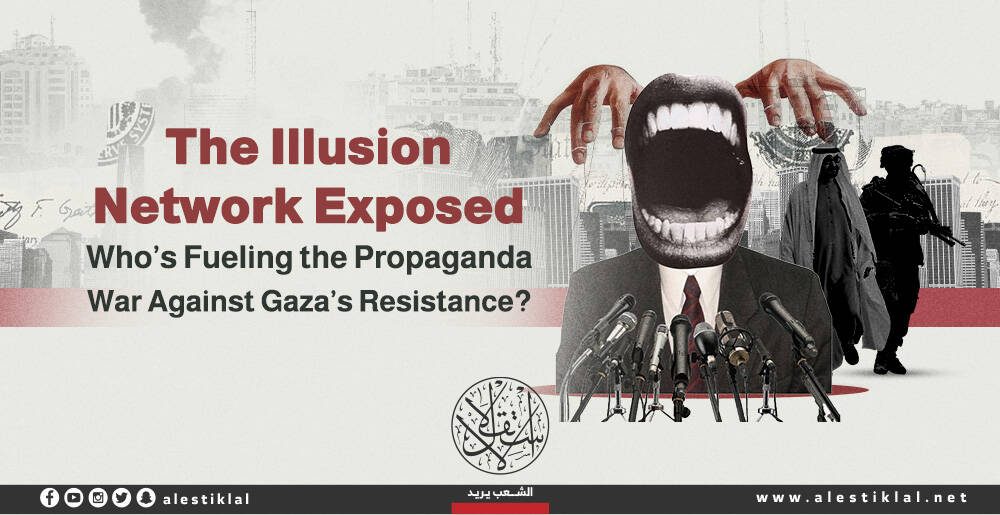What Is the Impact of Russia’s Invasion of Ukraine on Its Military Tactics in Syria?

Russia was clearly unable to show coherence among its military forces in Syria, built since 2015, after it invaded Ukraine in February 2022.
The Russian operation against Ukraine prompted Putin to adopt new tactics on the Syrian territory related to reducing its activity and reducing its military costs to put it in the new battle.
In early April 2022, the Khmeimim Air Base in Latakia, affiliated with the Russian Aerospace Forces overseeing the military presence in Syria, decided to halve the salaries of members of the Fifth Corps militia and the rest of the groups outside the region.
Since its military intervention on September 31, 2015, aimed to prevent the fall of the Bashar al-Assad regime, Russia has chosen to build militia supporters, led by the Fifth Corps formed of civilians and military, to become an auxiliary hybrid force that helped the regime regain control of large areas of Syria.
In 2018, the Fifth Corps turned into a "private army" of Russia in Syria, as it has become present in most provinces, especially Daraa, Deir ez-Zor, Hama and Latakia.
Salary Cuts
On April 10, 2022, the opposition Deir Ezzor 24 network reported that the salaries of the Fifth Corps military members of the Russian First Division have been reduced from $200 to $100.
According to the network, the decision was met with great dissatisfaction by the members; this may push many civilians serving in the ranks of the Legion to leave.
The Qaterji militia, which is close to the Syrian regime and dedicated to protecting oil convoys coming from the areas of the Syrian Democratic Forces (SDF), gives 65 dollars as salaries to its members every two weeks, in addition to a food basket, then comes the Iranian militias, with wages vary by less than 50 dollars per month.
In addition to salaries, Russia has also reduced the number of air strikes on the Syrian-Iraqi border areas, which it says target ISIS groups, in addition to a noticeable decrease in the bombing operations on the opposition areas in the countryside of Idlib and Aleppo.
Also, the Russian drones that monitor the liberated north of Syria have intensely declined.

The most prominent point in the decline of Russian activity in Syria is the easing of the Khmeimim base for the conduct of Russian military patrols at points of contact with the American and Turkish presence in northeastern Syria.
Military experts confirm to Al-Estiklal that Russia has transferred a large part of its military arsenal from Syria to Ukraine, starting with air bombers, pilots, advisers and senior generals.
It was also clear that the Russian Wagner mercenaries had withdrawn from the largest point of their concentration in the Syrian desert; The security vacuum there was filled by Iranian militias under the direct supervision of the Iranian Revolutionary Guards.
This is explained by Moscow and Tehran’s fear that ISIS cells deployed in Badia would exploit the lax security and launch a surprise attack on the strategic city of Palmyra, east of Homs.
Reducing Operations
In this context, the Syrian military expert, Brigadier General Abdullah al-Assaad, identified for Al-Estiklal a set of changes in the Russian military capacity in Syria after its invasion of Ukraine.
It is represented in the “lack of Russian aircraft at the Russian Khmeimim Military Airport base in the Latakia countryside, because the war in Ukraine needs to reinforce the airspace of aircraft in Syria,” al-Assaad added.
He explained that "Moscow will have to reduce the Russian ground patrols in a number of areas in Syria that the military police conduct, and reduce the salaries of the Fifth Corps, because its focus has become on Ukraine and its attempt to get out of this quagmire quickly."
The brigadier general pointed out that "Russia is trying to show no change in its military presence in Syria, by directing air strikes on the liberated areas of northern Syria, but not as usual.”

The military expert said that "the Russian invasion of Ukraine will not permanently affect Syria, because the situation in Ukraine is linked to Israel, as Tel Aviv is the main sponsor of the Assad regime in the region,” adding that “the United States cannot move a finger of Bashar al-Assad without asking Israel.”
He continued: "Since the beginning of the Syrian revolution in 2011, Assad has promoted that the Syrian people are strict, and that they are the civilized group that can work with Israel and with Russia, and this is what prompts Tel Aviv to preserve al-Assad."
Lack Of Effects
Russia has assigned many military tasks to its ally Iran, in an attempt to keep the presence unaffected by the attack on Ukraine.
The Russian forces handed over the military depots in the Mahin area, east of Homs, which they were supervising, to the Lebanese Hezbollah militia, as well as forces from the Fourth Division militia loyal to Tehran.
During the operation, 23 military vehicles, and a number of cars, logistical materials and Russian communications devices were transferred to the nearest point of the Russian forces, Palmyra Military Airport, which indicates preparations for their transfer outside Syria.
From the foregoing, it is clear that Russia has begun coordinating unnecessary military and logistical equipment in Syria in order to get involved in the Ukraine war, especially since the losses of Russia after the invasion of Ukraine were heavy, as the Ukrainian Chief of Staff counted from February 24 to April 9, the killing of 19 thousand and 100 Russian soldiers, as well as the destruction of 151 Russian planes, 136 helicopters and 705 tanks, in addition to the destruction of 1,895 armored vehicles, 335 artillery, 108 missile launchers, and 55 air defense systems.
The Russian side also lost, according to the Ukrainian staff, 1,363 vehicles, 7 ships and speed boats, 76 fuel tanks, and 112 drones.

Syrian military and strategic expert, Colonel Fayez al-Asmar, said that “despite the fact that it incurred many losses, Russia's invasion of Ukraine will not affect the military capabilities in Syria except to negligible limits, and perhaps it will be affected only in terms of morale and supplies."
He added to Al-Estiklal that "Russia is a nuclear state and is the second most powerful country in the world militarily, and is not affected by the loss of dozens of aircraft or hundreds of tanks, as it possesses several thousand combat aircraft of all kinds, as well as armored and airborne forces, land and sea forces."
Al-Asmar pointed out that “practically, since its arrival to Syria in September 2015, Russia has often relied in its operations and criminality on its air and missile power, and it has no ground military forces striking in Syria, except for several thousand military police units, and therefore, in my estimation, the Russian military capabilities in Syria will not be affected.”












